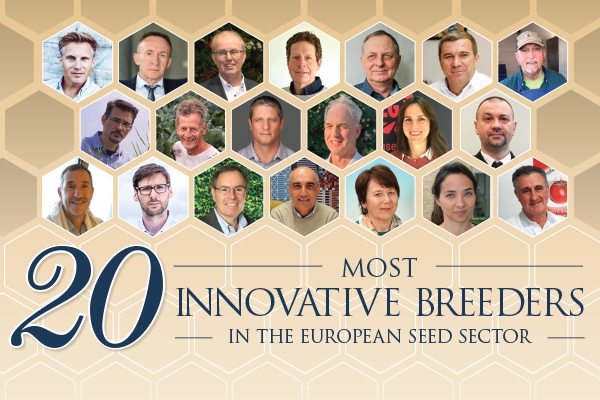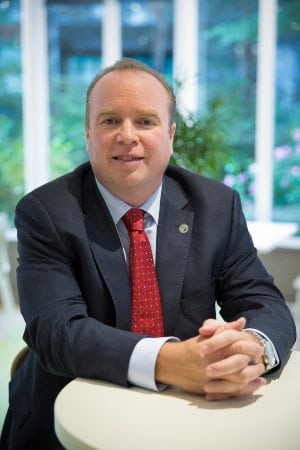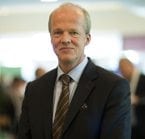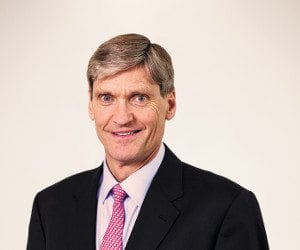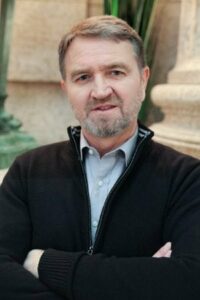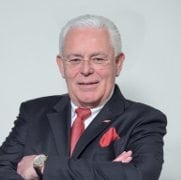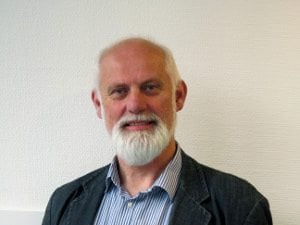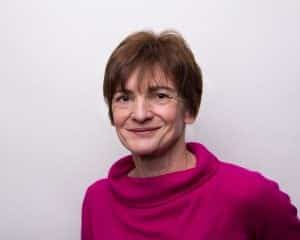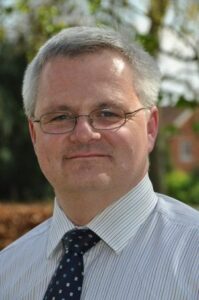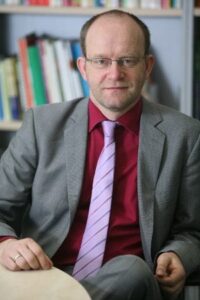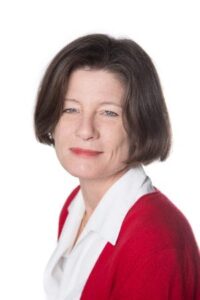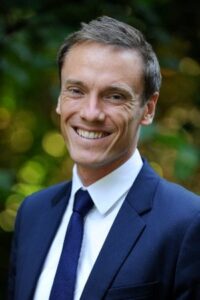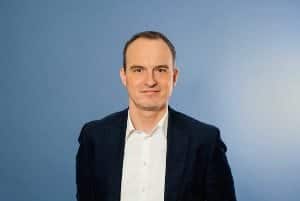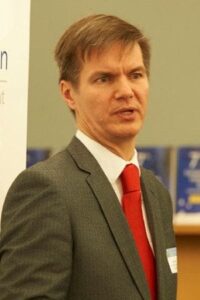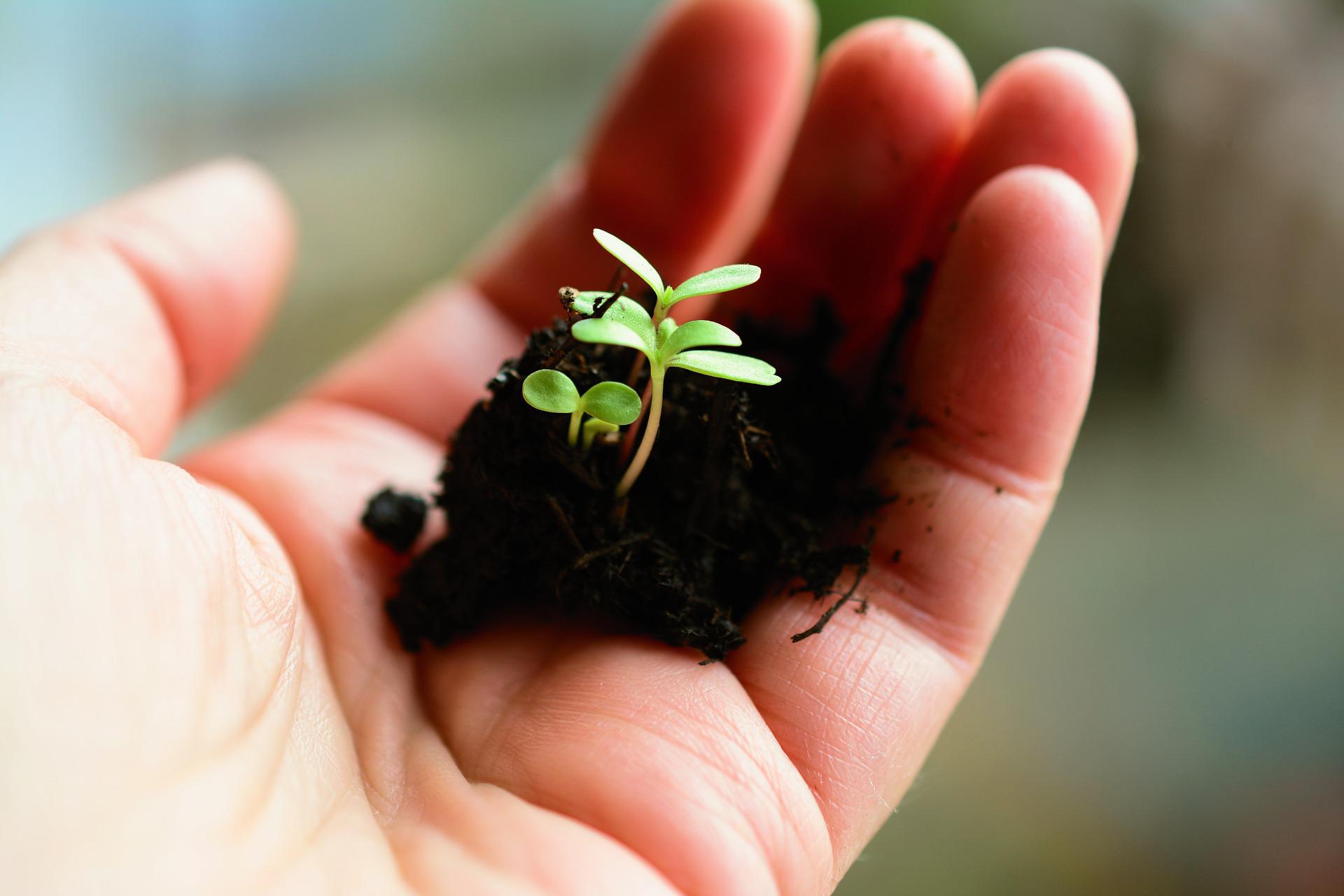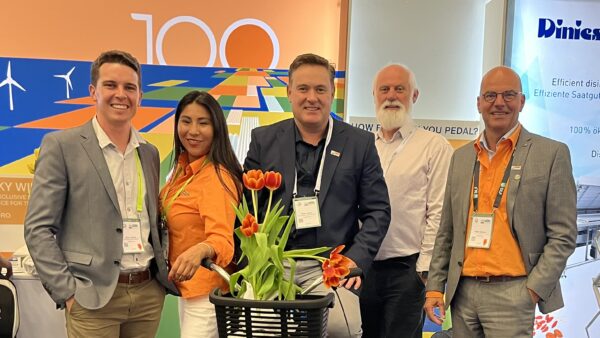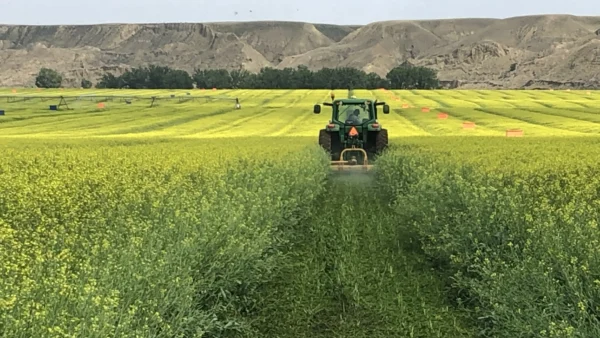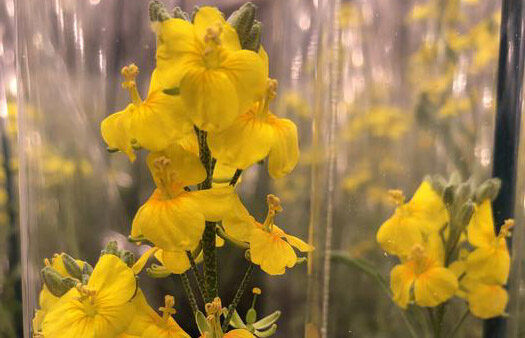Dear readers of European Seed,
In an attempt to draw much-deserved attention to the movers and shakers in the European seed sector, we have put together a list of people who, in our view, were highly influential in 2017. You may ask what makes an individual worthy of a spot on our list of the most influential seed people? We believe each one of these incredible people have had a significant effect on the European seed sector in the past year(s).
As you will see, each of our choices is accompanied by a short piece of text, explaining what the person’s key contributions have been, and why that person should be on our list. We deliberately did not want to make space for any short or long pieces of resumes, as those are usually available in the public domain.
Of course, we struggled to decide who should be in this selection and who should not. There will always be people who you think should have been on the list, and question why others were omitted. We very much welcome and look forward to your feedback as to who you think should have been on the list, and why. As we plan on publicizing this list on a yearly basis, we can’t wait to put together next year’s list with your future nominations.
We hope that this will generate more discussion, more engagement and above all, more appreciation for the seed sector, that is so often desperately lacking.
We would like to add that although appearing on the list can be seen as an honour, European Seed makes it clear that entrants are recognized for changing the seed world, regardless of the consequences of their actions. We hope you enjoy the list and look forward to your feedback.
Marcel Bruins
The 20 most influential people in 2017 in the European seed sector (in alphabetical order)
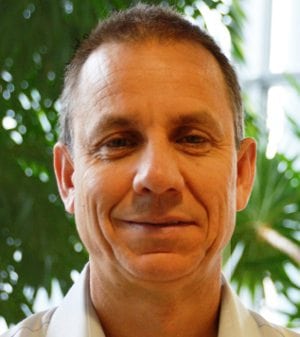
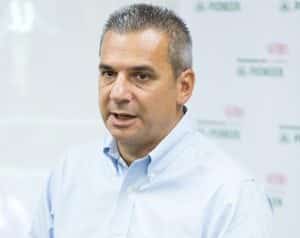
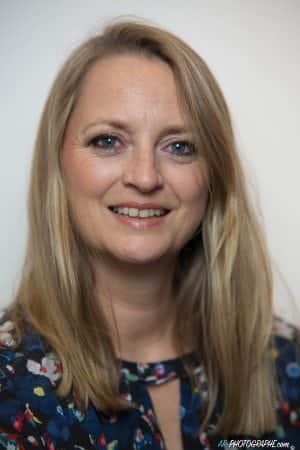
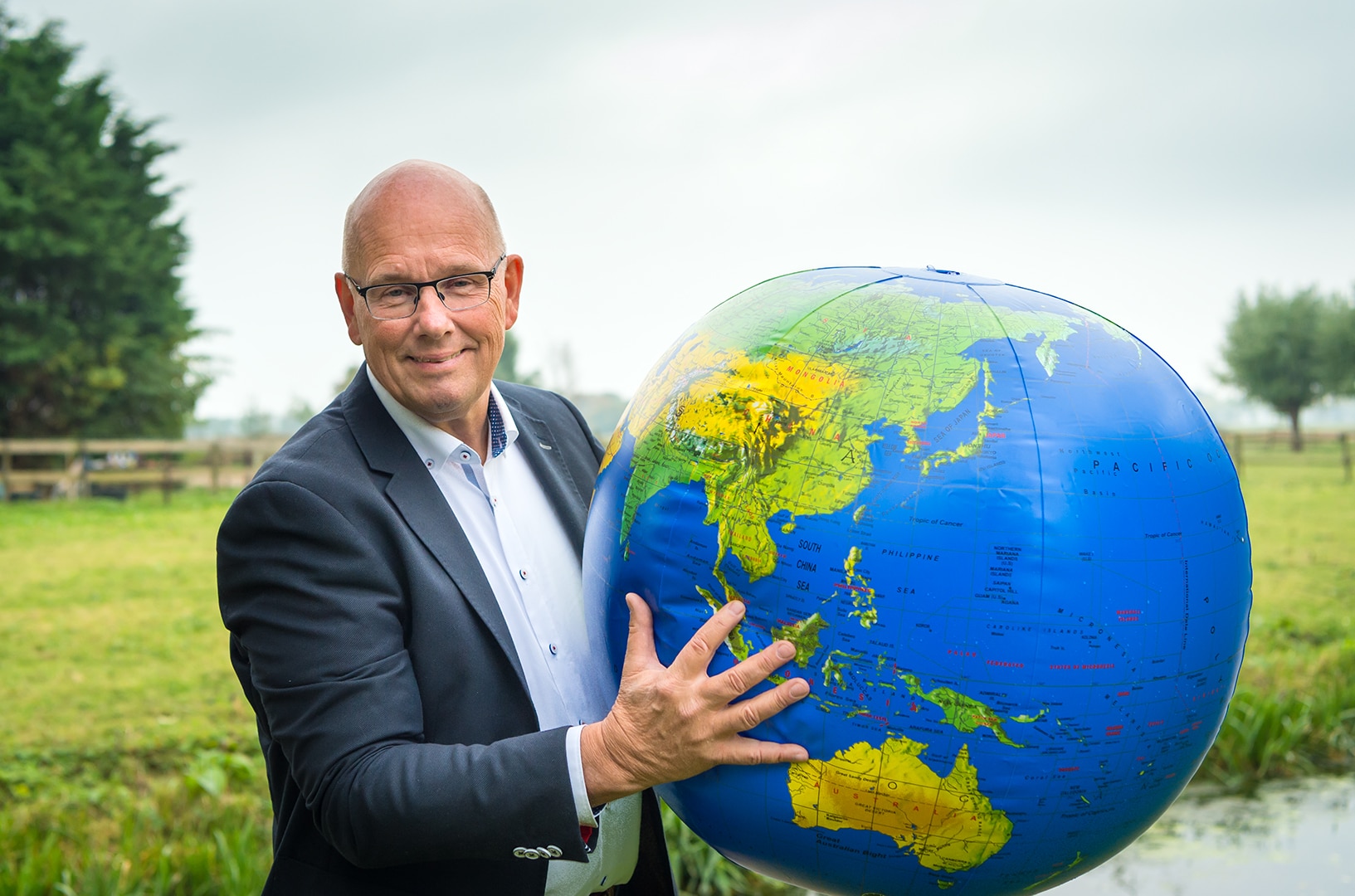
Martin Ekvad – President of the Community Plant Variety Office (CPVO). Since 1995, the CPVO has managed the Community Plant Variety Rights (CPVR) system by granting intellectual property rights for protecting new varieties of plants with unitary effect throughout the territory of the EU via a single application to the CPVO. The strength of the system is evident from the continuing increase in applications and titles in force, making it the largest system of its kind globally. Under Martin’s leadership, the organization has shown continued progress in addressing upcoming technical and administrative challenges, whilst maintaining a robust and cost-effective system for CPVR. Through his engagement in UPOV activities, such as Chairing the Legal and Administrative Committee at UPOV for a period of three years, he has kept the CPVO visible also on the international arena.
Garlich von Essen – Garlich von Essen – Secretary General of ESA European Seed Association. Garlich has been active in ESA since 2000, first as Director Public Affairs, and since 2004 as Secretary General. Integrating the informal Eastern European Seed Network in the mid-2000s, ESA today represents the entire European seed sector from Finland to Turkey and Ireland to Ukraine. Next to countless interactions with EU decision makers on key EU seed policies and regulations, under Garlich’s leadership ESA continuously extended industry-led outreach and advocacy on a wide range of issues such as IP transparency (implementation and management of the PINTO database), seed treatment quality control (the ESTA scheme), and, most recently, on breeding innovation communication with the “#EmbracingNature” campaign. He started rotating the location of the ESA Annual Meeting all over Europe, with great success and record attendances, and has successfully selected new talent for a growing ESA secretariat. Garlich also is a sought-after speaker on EU public policy and modern association management.
Erik Fyrwald –Chief Executive Officer at Syngenta AG. In 2017, Syngenta was acquired by ChemChina, and one of the expected impacts of the acquisition is that it will help modernise China’s farm sector. ChemChina is keen to transfer Syngenta technology to China to improve farm productivity there while also investing for the long term to help grow Syngenta’s business globally, including most recently the announced acquisition of Nidera seeds, a major player in the Latin American seeds market. With China being a major trade partner for Europe, changes at Syngenta will have lasting consequences for the European and global seed sector. The path Syngenta takes will have a major and lasting impact on the European seed sector. Erik, in his role as CEO of Syngenta, will be making decisions affecting the future of millions of farmers around the world.
Rale Gjuric – Director of the UC Davis European Plant Breeding Academy (EPBA). The number of young people studying plant breeding has been decreasing steadily over the past decades. In a time where seed companies are having more and more trouble filling their breeding vacancies, it is imperative that new initiatives stand up that fill the education gap. Rale has been instrumental in spearheading these education efforts and has trained numerous students, which subsequently became more productive plant breeders in their respective organizations. The EPBA is part of the larger UC Davis Plant Breeding Academy, which since 2006, has offered 15 classes worldwide which were attended by 281 breeders from over 60 countries, making this organization the most recognized program of its kind.
Leticia Gonçalves – President, Monsanto Europe. Under Leticia’s leadership, the company has expanded its scope in Europe from not only selling products, but moving towards an integrated-solutions approach, helping farmers better manage their decision-making and improve sustainable practices through a variety of advanced agronomics and modern technologies, such as digital farming and biological seed solutions. Furthermore, as a female leader in a male-dominated industry, Leticia brings her unique perspective and a signature management style with a focus on talent development, promoting diversity and empowering leaders. Over the past few years, Leticia has modernised the vision and operations of Monsanto across the region to build a truly pan-European business on the principle of “one vision, one culture,” leveraging regional expertise to serve as farmers’ partner of choice.
Heinz Haller – Executive Vice President of the Dow Chemical Company and President of Dow Europe, Middle East, Africa and India (EMEAI). In 2017, The Chemists’ Club awarded Heinz the Winthrop-Sears Medal for entrepreneurial achievement, acknowledging his leadership and creative strategies that have contributed immeasurably to the growth and success of Dow over the years. This medal recognizes individuals who, by their entrepreneurial action, have contributed to the vitality of the chemical industry and the betterment of mankind. The merger between Dow and Dupont-Pioneer will reshape the global and European seed sector in an unprecedented way and the decisions the European heads of the merging companies are taking will have a major and lasting impact on the European seed sector.
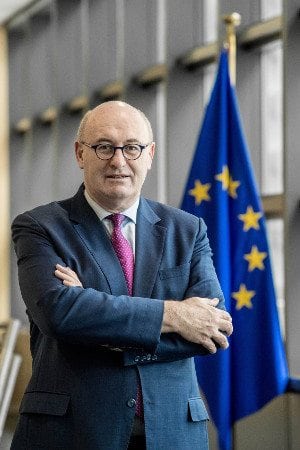
Jan Huitema – member of EU Parliament, committee: Agriculture and Rural Development. Jan was one of two initiators of a Resolution in the EU Parliament on the patenting of products – essentially biological products – as Jan believes that no one should have the right to patent natural characteristics of plants and products coming from classical breeding. And as a result, the EU Commission issued a Clarifying Notice on this topic, eventually leading to the European Patent Office changing its course. He is also the author of the recent report on enhancing innovation and economic development in future European farm management.
Niels Louwaars – Managing Director at Plantum NL, the Dutch association for the plant reproduction material sector. Plantum is one of the leading national associations with a number of staff specialised in the main policy dossiers. Niels is also chair of the ESA CRLA, co-chair of the Plant Breeding Innovation working group of ISF and has at the national level several board responsibilities in seed related institutions. Throughout his earlier career he worked on improving seed systems as a key element in realising global sustainable development goals and in aligning various policy areas such as seed regulation, intellectual property and biodiversity rights. The latter was the topic of his PhD thesis. In 2017, Niels was awarded the Outstanding Alumnus Award of the Wageningen University Fund. He was praised for the way in which he has managed to connect different stakeholders. In his current position, he is a bridge builder working for the interest of the private sector, forging partnerships between governments, businesses and knowledge institutes and with other stakeholders in the policy debates.
Penny Maplestone – Chief Executive of the British Society of Plant Breeders. Penny has been relentless in her efforts to promote an understanding of the science and business of plant breeding, and to encourage an enabling regulatory framework, strong IP provisions, and investment in breeding through royalties and effective public/private sector R & D partnerships. In the past few years, the BSPB has invested heavily in communication about plant breeding and its benefits, and exemplary are the series of six short videos to explain the business and science of crop improvement, to encourage the next generation of plant scientists, and to demonstrate how plant breeding contributes positively to our everyday lives.
Nigel Moore – Head of Business Administration at the KWS Cereals business unit and & ESA president since Oct. 2015. The European Seed Association is the pinnacle organization representing the European seed sector and at the head of this organization is the ESA president. In this capacity, Nigel has overseen the development and implementation of a new strategy for ESA with the vision of outreach and communication of the societal benefits of innovation in plant breeding delivered through the seed sector. These messages are reaching regulators, policy makers and thought leaders throughout Europe through channels such as the HFFA research report in 2016 and the new media ‘#embracing nature’ campaign launched at the annual meetings in Rome and Riga with record attendance. Under his guidance, ESA successfully contributed to a major policy development for patenting products of essentially biological processes, and a further expansion of the ESTA scheme both of which publicly exemplify the sector’s commitment to trustful best practice.
Steffen Noleppa – Managing Director of HFFA Research GmbH. In the past year, two ground-breaking HFFA research reports dealing with the European seed sector have been published; one on the economic and environmental benefits of plant breeding in the EU, and one on the societal costs of banning neonicotinoid seed treatment in the EU. Both reports strongly underline the positions of the European seed sector. As an agricultural economist and the lead author of these reports, Steffen has provided guidance to getting robust and science based data out there, data that should have an immediate and resounding impact on EU decision-making. In addition, Steffen has highlighted the importance of an improved access to new plant varieties in an international context, but focussing on Vietnam on a case study base in another research report.
Marian Suelmann – Company lawyer at Rijk Zwaan & Chairperson of the ESA – Committee on Intellectual Property Rights (CIPR). Since 2007, ESA has advocated the need for a clarification to re-establish the balance between two IP systems that are available for breeders to protect their inventions; plant breeder’s rights on the one hand, and patents on the other. After years of discussion, the Commission issued a clarifying notice after which the EPO suspended all the proceedings related to patent applications on plants, and will now process them in the light of the new decision. This has been one of the priority issues for the ESA CIPR for the past years. Under the longstanding chairmanship of Marian, ESA was successful in conveying this ESA message to the political forefront and prevail, leading to a major policy change.
Graeme Taylor – Director of Public Affairs at the European Crop Protection Association (ECPA). Crop protection products are a vital component in the challenge to produce enough high-quality food for everyone. Bringing this message across is not an easy task, particularly in an industry that constantly finds itself under attack. Graeme has run an excellent campaign (‘With or Without’), creating more awareness about the needs and benefits of crop protection products that is designed to shift the reputation of the industry from one that is closed, to one that is listening to society and ready to engage and address concerns. On behalf of ECPA, he has continuously argued that policy should be informed by science and designed to manage risk, particularly through his active visible advocacy on the re-approval of glyphosate which set new standards for industry association advocacy and communication. He wants to see a predictable and proportionate EU regulatory environment that fosters innovation and encourages competitiveness.
Ido Verhagen – Executive Director of the Access to Seeds Index, which aims to measure and compare the efforts of the world’s leading seed companies to enhance the productivity of smallholder farmers. In 2016, the first Access to Seeds Index came out and the second Index is scheduled to come out at the end of 2018. Although there was criticism on the Index by the seed sector, both in the preparatory phase as well as after publication, the fact remains that the index created more awareness on access to seeds in developing countries and on the role seed companies can play in improving smallholder farmer productivity. With that, Ido has influenced the EU and global seed sector in a lasting way.
David Zaruk – Professor at Université Saint-Louis Bruxelles and KUL Brussel (Odisee) & blogger ‘The Risk Monger’. As a professor, David lectures on Risk Communications, EU Lobbying, Corporate Communications and PR. As a blogger, he has tackled many controversial topics such as neonics, bee health, glyphosate, food safety, GMO’s and many more. In his blogs, David challenges simplistic solutions to hard problems on environmental-health risks in a pro-science, anti-dogma manner. He stands open to being challenged while challenging others to keep the debate on a scientific ground. In 2017 he challenged the influence of tort law firms in fabricating science (the Portier Papers), raised the need for scrutiny on NGO funding and is defending the role of evidence in the EU risk assessment process.


